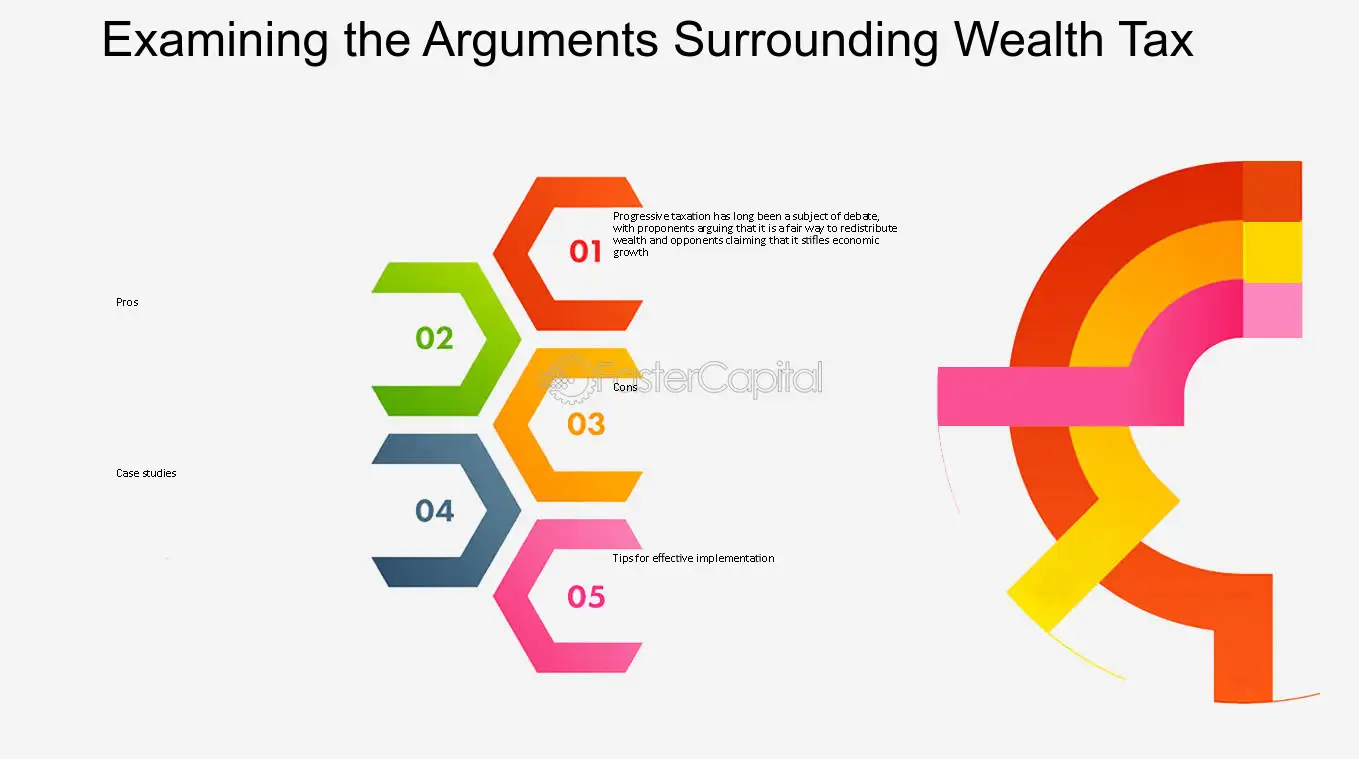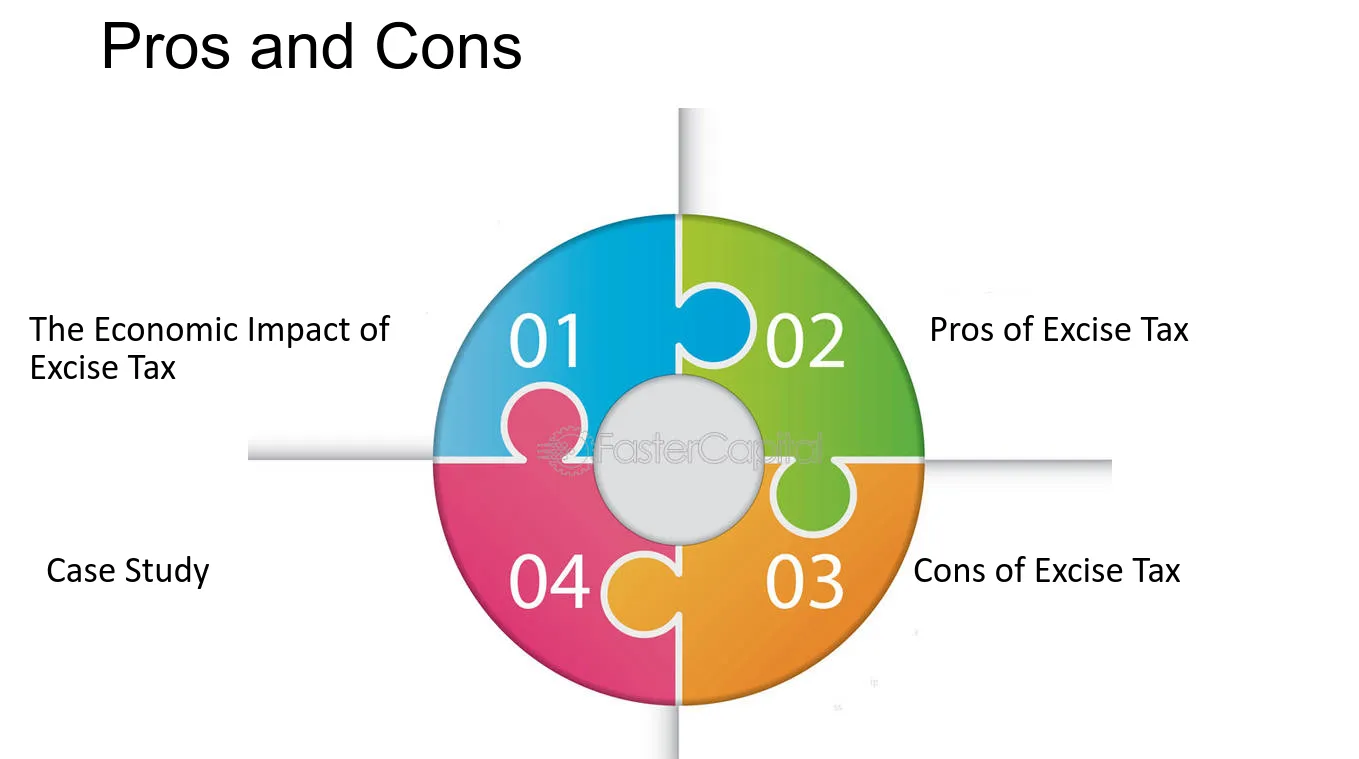Hidden Taxes: Exploring the Benefits and Drawbacks

Examples of hidden taxes include excise taxes on alcohol, tobacco, and gasoline, as well as tariffs on imported goods. These taxes are often implemented to discourage certain behaviors, such as excessive consumption of harmful products or to protect domestic industries from foreign competition.
The Pros and Cons of Hidden Taxes
Hidden taxes have both benefits and drawbacks. On the positive side, they can be an effective way to raise revenue for the government without directly impacting individuals’ income or property. This can be particularly beneficial for low-income individuals who may not have the financial means to pay higher income taxes.
However, hidden taxes can also be regressive, meaning they disproportionately affect low-income individuals. Since these taxes are often included in the price of goods and services, individuals with lower incomes end up paying a larger portion of their income on hidden taxes compared to those with higher incomes.
How Hidden Taxes Affect Businesses
Hidden taxes can also have an impact on businesses. While businesses are responsible for collecting and remitting these taxes to the government, they may face additional administrative costs and compliance burdens. These costs can be passed on to consumers through higher prices, potentially affecting consumer demand and business profitability.
Additionally, hidden taxes can create distortions in the economy. For example, tariffs on imported goods can protect domestic industries from foreign competition, but they can also lead to higher prices for consumers and limit choices in the marketplace.
Hidden Taxes: The Impact on Individual Taxpayers
For individual taxpayers, hidden taxes can have a significant impact on their overall tax burden. While they may not be directly visible, hidden taxes can add up and contribute to the overall cost of living. This can be particularly challenging for low-income individuals who are already struggling to make ends meet.
Furthermore, hidden taxes can make it difficult for individuals to understand the true cost of goods and services. Without transparency in pricing, consumers may not be aware of the amount of taxes they are paying and how it affects their purchasing decisions.
Addressing Hidden Taxes: Policy Recommendations
To address the issues associated with hidden taxes, policymakers can consider implementing measures to increase transparency and reduce the regressive nature of these taxes. This can include providing clearer information to consumers about the amount of hidden taxes included in the price of goods and services.
Additionally, policymakers can explore alternative revenue sources that are more progressive and equitable. This can involve shifting the tax burden away from hidden taxes and towards other forms of taxation, such as income taxes or property taxes, which can be more directly linked to individuals’ ability to pay.
Types of Hidden Taxes
There are several types of hidden taxes that can have an impact on individuals and businesses:
- Sales taxes: Sales taxes are added to the price of goods and services at the point of sale. They are collected by businesses and passed on to the government. Consumers may not always be aware of the exact amount of sales tax they are paying, as it is included in the total price.
- Excise taxes: Excise taxes are levied on specific goods, such as gasoline, tobacco, and alcohol. These taxes are usually included in the price of the product and may not be explicitly stated on the receipt.
- Value-added taxes (VAT): VAT is a type of consumption tax that is added at each stage of production and distribution. It is ultimately paid by the end consumer, but the tax burden is shared by all businesses involved in the supply chain.
- Import duties: Import duties are taxes imposed on imported goods. These taxes are often included in the price of the imported product and may go unnoticed by consumers.
Impact of Hidden Taxes

Hidden taxes can have both positive and negative impacts on individuals and businesses. On the positive side, they provide governments with a source of revenue that can be used to fund public services and infrastructure. They can also be used as a tool to discourage the consumption of certain goods, such as tobacco or alcohol, by making them more expensive.
However, hidden taxes can also have negative consequences. They can increase the cost of living for individuals and reduce the purchasing power of consumers. Businesses may also be burdened with additional costs, which can affect their profitability and competitiveness. Additionally, hidden taxes can be regressive, meaning that they have a greater impact on low-income individuals who spend a larger proportion of their income on goods and services.
Conclusion
The Pros and Cons of Hidden Taxes
Pros of Hidden Taxes
1. Revenue Generation: Hidden taxes can be an effective way for governments to generate revenue without imposing direct taxes on individuals or businesses. By levying taxes on goods and services, governments can collect a significant amount of revenue that can be used to fund public services and infrastructure projects.
2. Simplicity: Hidden taxes are often easier to administer and collect compared to direct taxes. Since these taxes are included in the price of goods and services, businesses can collect them at the point of sale and remit them to the government. This simplifies the tax collection process and reduces the administrative burden on both businesses and individuals.
3. Economic Stability: Hidden taxes can help stabilize the economy by providing a steady source of revenue for the government. During times of economic downturn, governments can increase the rates of hidden taxes to boost revenue and offset budget deficits. This can help prevent drastic cuts in public services and maintain economic stability.
Cons of Hidden Taxes

1. Lack of Transparency: One of the main drawbacks of hidden taxes is the lack of transparency. Since these taxes are not directly visible to consumers, they can be easily overlooked or misunderstood. This lack of transparency can lead to a lack of accountability and make it difficult for individuals to understand the true cost of goods and services.
2. Regressive Nature: Hidden taxes are often regressive, meaning that they have a greater impact on low-income individuals and households. Since these taxes are included in the price of goods and services, individuals with lower incomes end up paying a higher proportion of their income in taxes compared to those with higher incomes. This can exacerbate income inequality and place a greater burden on the most vulnerable members of society.
3. Inflationary Pressure: Hidden taxes can contribute to inflationary pressure by increasing the cost of goods and services. When businesses pass on the cost of hidden taxes to consumers, it can lead to higher prices. This can erode the purchasing power of individuals and reduce their standard of living.
How Hidden Taxes Affect Businesses
Hidden taxes can have a significant impact on businesses, affecting their profitability and ability to grow. These taxes are often disguised as increased costs or fees, making it difficult for businesses to fully understand the extent of their tax burden. Here are some ways in which hidden taxes can affect businesses:
2. Reduced Investment: Hidden taxes can also discourage investment in businesses. When businesses face higher tax burdens, they have less capital available to invest in new equipment, technology, or expansion. This can hinder their ability to innovate and grow, ultimately limiting their long-term success.
6. Competitive Disadvantage: Hidden taxes can put businesses at a competitive disadvantage, particularly in global markets. If hidden taxes are higher in one country compared to another, businesses may choose to relocate or invest in countries with lower tax burdens. This can result in a loss of jobs and economic growth for the country with higher hidden taxes.
Overall, hidden taxes can have a detrimental impact on businesses, hindering their growth, increasing costs, and creating uncertainty. It is important for businesses to be aware of the hidden taxes they are subject to and advocate for transparent and fair tax policies.
Hidden Taxes: The Impact on Individual Taxpayers
One of the main impacts of hidden taxes on individual taxpayers is the increase in the cost of living. When businesses are subject to hidden taxes, they often pass on the additional costs to consumers through higher prices. This means that individuals end up paying more for everyday items such as groceries, clothing, and fuel. As a result, their disposable income decreases, making it harder to meet their financial obligations and save for the future.
Hidden taxes also have a regressive nature, meaning they disproportionately affect low-income individuals. Since these taxes are embedded in the prices of goods and services, everyone pays the same amount regardless of their income level. For individuals with lower incomes, the burden of hidden taxes represents a larger proportion of their overall income. This can lead to increased income inequality and financial hardship for those who are already struggling to make ends meet.
Furthermore, hidden taxes can also have an impact on consumer behavior. When the prices of certain goods and services increase due to hidden taxes, individuals may be inclined to reduce their consumption or switch to cheaper alternatives. This can have unintended consequences for businesses and the economy as a whole. For example, if the price of cigarettes increases due to hidden taxes, some individuals may choose to quit smoking or switch to a cheaper brand. This can lead to a decline in revenue for tobacco companies and potentially job losses in the industry.
It is important for policymakers to consider the impact of hidden taxes on individual taxpayers when designing tax policies. While these taxes can generate revenue for the government, they can also have unintended consequences for individuals and the economy. Finding a balance between generating revenue and minimizing the burden on taxpayers is crucial. This can be achieved through transparent tax policies, where the costs of taxation are clearly visible to individuals, allowing them to make informed decisions and hold the government accountable.
Addressing Hidden Taxes: Policy Recommendations
| Policy Recommendation | Explanation |
|---|---|
| Improved Tax Disclosure | One of the key steps in addressing hidden taxes is to improve tax disclosure. This can be achieved by requiring the government to provide clear and comprehensive information about all taxes imposed on individuals and businesses. Taxpayers should have access to detailed breakdowns of their tax liabilities, including any hidden taxes. |
| Regular Tax Reviews | In order to ensure transparency and fairness, it is important to conduct regular reviews of the tax system. This can help identify any hidden taxes and assess their impact on taxpayers. These reviews should involve input from tax experts, economists, and representatives from various industries to ensure a comprehensive evaluation. |
| Simplified Tax Code | A complex tax code can contribute to the existence of hidden taxes. Simplifying the tax code can help reduce the likelihood of hidden taxes and make it easier for taxpayers to understand their tax obligations. This can be achieved by eliminating unnecessary deductions, exemptions, and loopholes. |
| Increased Taxpayer Education | Many taxpayers are unaware of the existence and impact of hidden taxes. Increasing taxpayer education can help individuals and businesses better understand their tax obligations and the potential hidden taxes they may be subject to. This can be done through public awareness campaigns, educational materials, and workshops. |
| Enhanced Taxpayer Rights | Providing taxpayers with stronger rights and protections can help address the issue of hidden taxes. This can include the right to challenge tax assessments, the right to receive clear and timely information about their tax liabilities, and the right to appeal decisions made by tax authorities. These rights can help ensure that taxpayers are treated fairly and have the opportunity to address any hidden taxes. |
By implementing these policy recommendations, governments can work towards creating a more transparent and fair tax system. This will not only help individuals and businesses better understand their tax obligations, but also ensure that hidden taxes are minimized or eliminated. Ultimately, a transparent tax system can contribute to a more equitable society and foster trust between taxpayers and the government.

Emily Bibb simplifies finance through bestselling books and articles, bridging complex concepts for everyday understanding. Engaging audiences via social media, she shares insights for financial success. Active in seminars and philanthropy, Bibb aims to create a more financially informed society, driven by her passion for empowering others.
